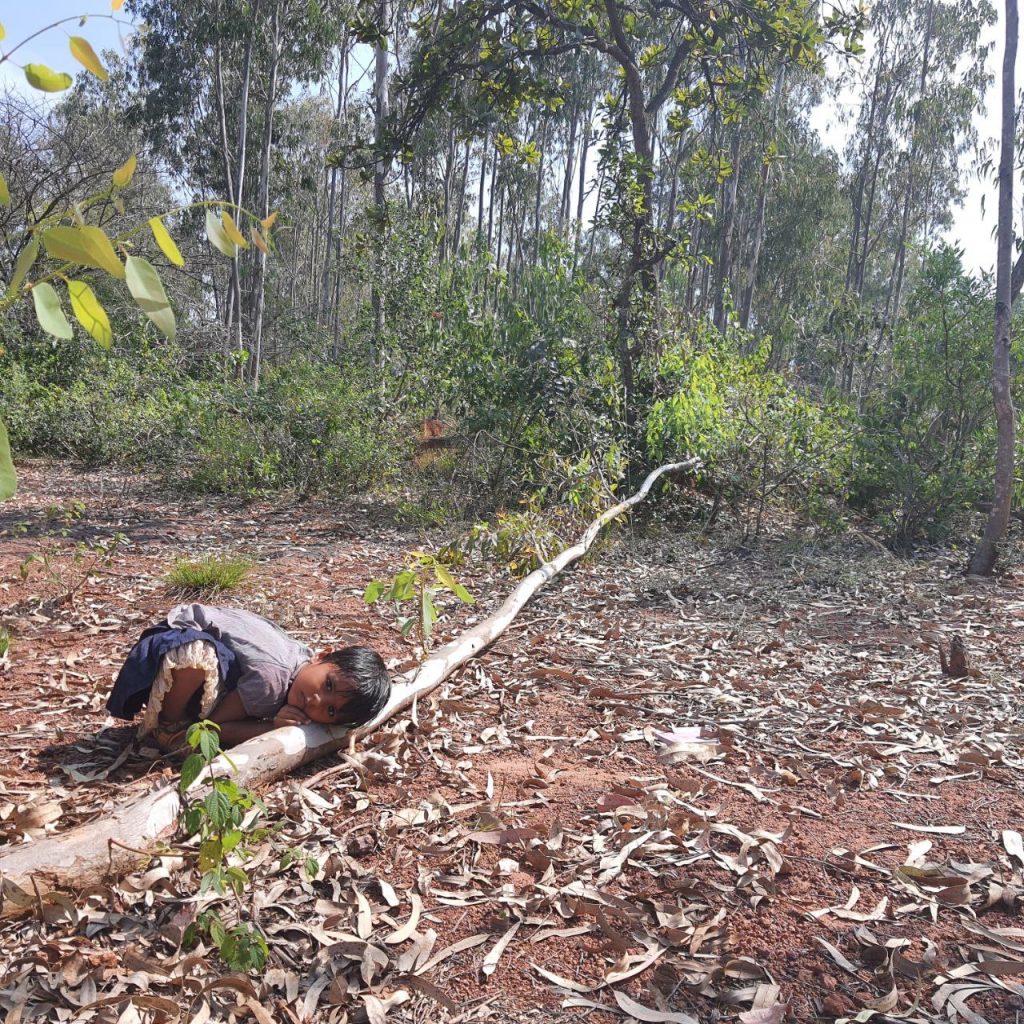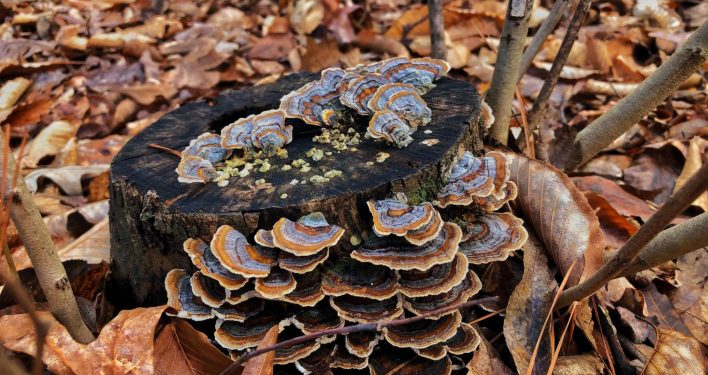Why did the mushroom walk into the bar?
To expand its network!
Jokes aside, fungi networks are so vital that they are termed the “circulatory system of the planet”. Fungi can colonise, multiply and survive in air, water, dung and even on foam. These microorganisms–neither plants, nor animals–are widely prevalent, and are present in everyday things such as bread, beer and medicine (penicillin). The Society for the Protection of Underground Networks (no, we did not make up this name) is mapping the world’s fungi network. The GlobalFungi database will have a collection of 10,000 samples from hotspots including the Canadian tundra, the western Sahara, the steppes of Kazakhstan and the grasslands of Tibet. Scientists hope to use the maps to pinpoint the ecosystems facing the most urgent threats so as to create “conservation corridors” for the underground ecosystems.
It’s all interconnected.
This is a statement we, at Rainmatter, keep reminding ourselves of. We spent a better part of January examining the interconnections within our own ecosystem to better understand the network. The reflection is shaping our outlook and helping the team define crisper goals. We made progress on a couple of collaborations, notably on data commons and Hasiru ‘Uru. We are hopeful the baby steps on both these initiatives will turn into larger strides soon. This also applies to the GROW Fund, which announced its cohort of 100.
On the not-so-bright side, some of us came down with Covid-19. What is weighing us down more is the absence of our tech genie. Akshay is moving on to focus his energies on knowledge mapping (more on this in the Noticeboard section).

We had a rewarding visit to Chikkaballapur in January. We were visiting Samaagama with 10 children from Chhattisgarh-based Sahodaya and Imli-Mahua alternative schools. The kids taught us a Gond tradition: to listen to trees for their signature sound. Photo by Ganeshram/Rainmatter.
From the community
Waste Warriors and Reap Benefit were chosen to be a part of the GROW Fund’s Cohort of 100 grassroots organisations.
The Reap Benefit team has been keeping busy. Their #WeWantCorporator campaign for Bangalore, in response to the much-delayed civic body (BBMP) elections, drew wide support from the city’s residents and institutions. The team is planning to convert this experience into a toolkit so that citizens can initiate and drive similar campaigns in the future.
Reap Benefit’s third Solve Ninja Leadership Accelerator program ended in January. The cohort had 17 civic leaders working on several civic and engagement issues. Among them were two young girls, Shriya and Ananya; Under the umbrella of Project Sitara, they facilitate students from under-resourced backgrounds to perform better academically. The engineering students plan to release a Class 10 YouTube science series in English and Kannada next.
Researcher and Rainmatter fellow DP Srivastava has been studying tigers in the urban setting. Watch the trailer of his documentary, The Secret Life of Bhopal’s Tigers.
Uttarayan Wildlife has been laying the ground for its elephant corridor conservation initiative in south Bengal. The team recently completed stakeholder and biodiversity surveys in Dhatal and Tung Charar. They have dug rainwater harvesting pits in Bamanadanga and Dhatal, and are in the process of setting up a six-acre nursery in Ranibund, a highly degraded elephant corridor. The nursery will support local communities’ agroforestry efforts as part of the conservation project.

A portable solar pump has been installed at the nursery site in Ranibund. Photo: Uttarayan
Noticeboard
📌 This crowd-sourced public directory lists writers, graphic artists, photographers, website developers, editors, illustrators and other communication professionals. Take a look if your non-profit needs skilled folks for its annual report or a videographer to record an important event.
📌 Bharathi is a platform worth checking out if you’ve found yourself down in a rabbit hole in search of a specific government department. You can use Bharathi to browse over 10,000 Central and state government organisations and administrative regions. The best part is that the organisations and departments are classified as per sectors and sub-sectors. Watch a demo here … and see Akshay in action!
📌 Calling journalists: The Earth Journalism Network is offering reporting grants to indigenous journalists. Deadline: 7 February 2022. The Centre for Climate Change and Sustainability, Ashoka University, is offering support to journalists from underserved communities for its inaugural 3CS Media Fellowship – Climate Journalism from Marginalised Communities. Deadline: 28 February 2022.
📌 Indian Alien Flora Information Database (ILORA) provides ecological, socio-economic and geographic attributes for more than 1700 alien plant species reported from India. Reach the team for contributions or read their paper about the database.
📌 Consumer footfalls dropped by 33% in response to pollution levels increasing by 25% in Karol Bagh, Delhi, according to a report by Blue Sky Analytics and Near.
📌 Scientific knowledge is seldom “practice-ready”. ATREE’s Dr Veena Srinivasan writes about how sustainability science needs a whole new approach i.e. it needs to step out from the ivory towers of academia.
📌 Reap Benefit is scouting people for two positions: A Partnerships manager and an associate for fundraising.
📌 Reach out to Bangalore resident Vinodkumar N Saxena (92434-60550; [email protected]) if you want guidance on how to conserve residential water and power. He has been saving thousands on utility bills by using greywater and solar power.
📌 Rebecca Altman pens a wonderful narrative on plastics, an unchecked driver of climate change: How bad are plastics, really?
Parting Shot
From the subliminal Brian Bilston:

Source: https://twitter.com/brian_bilston/status/1047181381191852032?s=20
Until next time, may your roads be auspicious, śubhāste panthānaḥ santu
-Team Rainmatter Foundation
(Featured photo by James Wainscoat/Unsplash)

